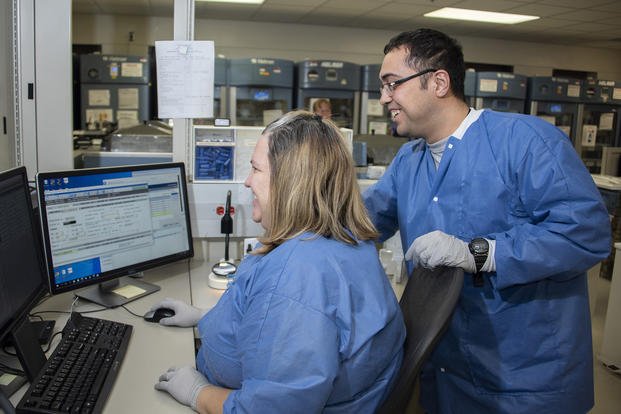The health-care industry is becoming a more welcoming environment for job hunters for a number of reasons. Not only do many health-care jobs pay well, but the field is expanding. Aside from natural growth, aging baby boomers are contributing to a greater need for health-care professionals. Most boomers are now in their 60s or 70s, which means there is higher demand for positions related to senior health care.
It's important to know that most jobs require at least a college degree to be considered. Each profession within the industry is very technical and requires specialized knowledge.
If you're interested in this industry, come up with a strong strategy and keep in mind how long the whole process will take. A college degree requires roughly four years to obtain, and many health-care positions require a master's or Ph.D. that significantly increases time spent in school.
Don't be discouraged by the time constraints. Baby boomers have only recently reached their golden years, so there's plenty of time to get educated and latch on to the current health-care boom.
If you're interested in entering the industry, check out the top seven health-care jobs in demand by 2020, as listed by the Medical Device and Diagnostic Industry (MD+DI).
1. Physical Therapists
Physical therapists not only work out aches and pains but also bring back full range of motion to individuals who've suffered a range of injuries. This job requires in-depth knowledge of the muscular system as well as strong interpersonal skills.
- Average salary: $76,310
2. Physician Assistants
Physician assistants work by themselves or in small groups to collaborate with physicians and surgeons. They don't take on as much responsibility as a doctor, but they take over numerous tasks, such as pulling medical histories, performing examinations, prescribing medication, ordering special tests and more.
- Average salary: $86,410
3. Registered Nurses
Registered nurses are health-care providers who work in teams with other specialists to provide treatment for patients. They are often among the first health-care professionals patients see and take preliminary treatment steps. They often specialize in certain areas, such as addiction, critical care and neonatology.
- Average salary: $64,690
4. Pharmacists
Pharmacists specialize in distributing prescribed medication to patients. The job entails much more than simply filling bottles with pills; pharmacists take on the responsibility of ensuring that a patient's medication does not interfere with other drugs they may be taking.
- Average salary: $111,570
5. Medical Record Technicians
The health-care industry turns out an incredible amount of paperwork, and it's up to medical record technicians to collate much of it. These professionals utilize unique classification systems to code and categorize patient information for insurance purposes, databases and for simple patient history maintenance.
- Average salary: $32,350
6. Dietitian/Nutritionist
Modern living brings a host of unique concerns about food. From processed meals to high amounts of fat and sugar, eating healthy isn't as easy as most people would like it to be. Dieticians are specialists in food and proper diets. They analyze the unique nutritional requirements of each patient and create plans to counter deficiencies and imbalances in their eating habits.
- Average salary: $53,250
7. Laboratory Technologists
The human body is complex, and understanding what's going on inside often requires advanced testing in laboratories. Laboratory technicians take samples such as blood and tissue, analyze them and record their findings. Technicians often conduct tests that require very specific methodology.
- Average salary: $46,680
Want to Know More About the Military?
Be sure to get the latest news about the U.S. military, as well as critical info about how to join and all the benefits of service. Subscribe to Military.com and receive customized updates delivered straight to your inbox.











